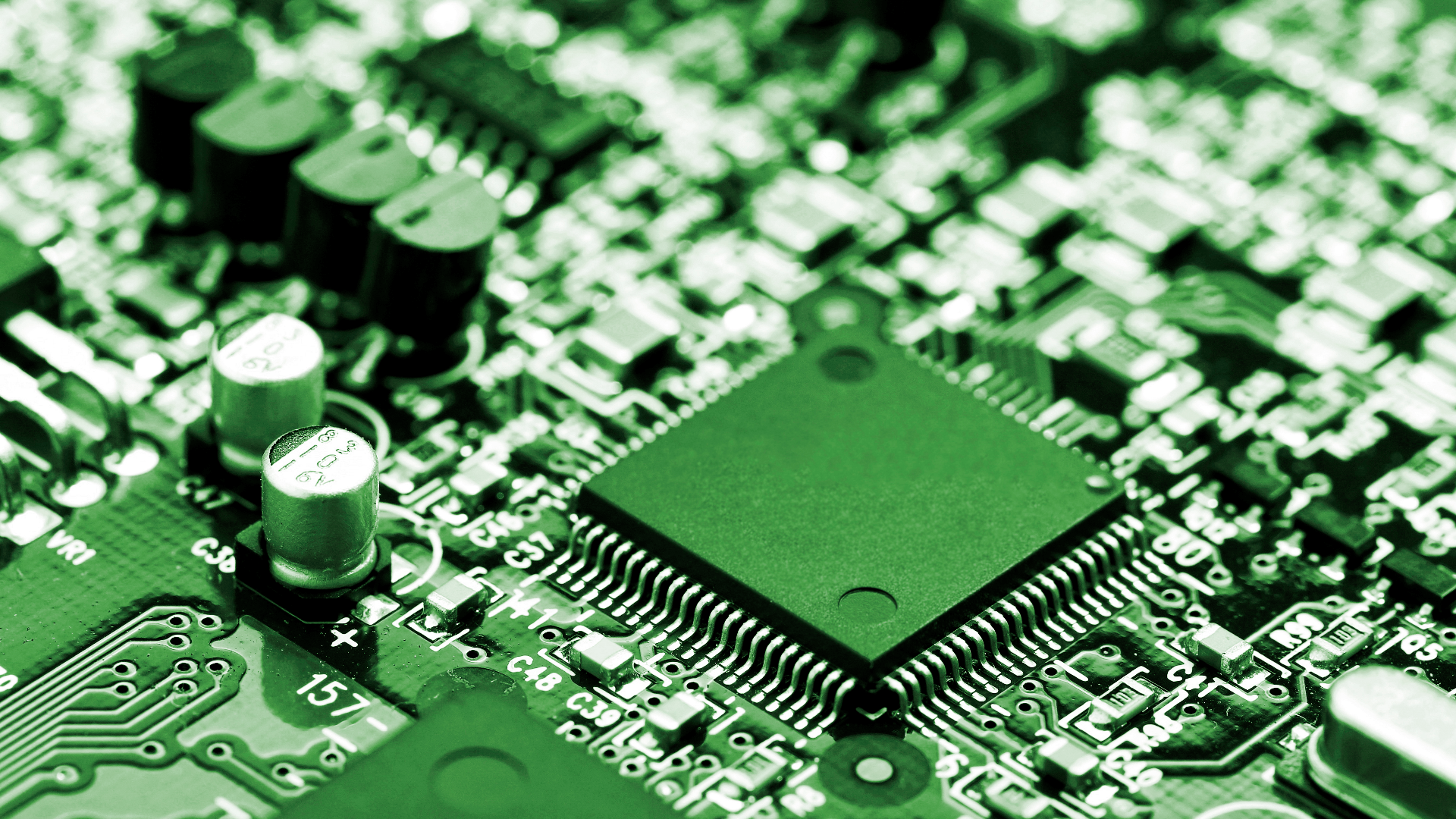The Centre for Artificial Intelligence and Robotics (CAIR), established by the Chinese Academy of Sciences (CAS) in Hong Kong in 2019, unveiled its latest AI model, Cares Copilot 2.0, on Friday. The model is designed to support surgeons with tasks such as surgical planning, generating diagnostic reports, and retrieving similar case files.
The upgraded model, building on its previous version released in March, was trained using Huawei’s Ascend 910B AI chip, which the company claims offers performance comparable to the Nvidia A100. According to CAIR Executive Director Liu Hongbin, Huawei’s chips “essentially meet” the lab’s research requirements, the South China Morning Post reports.
Advancements in Huawei’s AI chip technology
In August 2023, CAIR signed a memorandum of cooperation with Huawei to collaborate on integrating AI applications in surgery. Anticipating ongoing restrictions on access to high-end US chips, the research center sought alternative solutions. Since then, Huawei’s AI chip capabilities have progressed rapidly, according to CAIR’s leadership.
As Liu explains, the progress of Huawei’s AI chips has been significant, and what initially took one to two months to complete with the same amount of data is now finished in about one week.
Cares Copilot 2.0, built on Meta Platforms’ Llama 2 open-source large language model (LLM) and trained using Huawei’s Atlas 800T A2 server, has been implemented in hospitals such as the First Affiliated Hospital of Sun Yat-sen University in Guangzhou and the Prince of Wales Hospital in Hong Kong, according to Liu.
CAIR’s advancements also illustrate how Huawei has filled the gap left by US chipmaker Nvidia, whose advanced chips are restricted in China due to US export controls. Huawei’s chips are now the top choice for Chinese research institutions and businesses.
US restrictions propel development
The Chinese giant recently highlighted that its Ascend 910B AI chip could match certain performance benchmarks of Nvidia’s A100. The company also plans to begin mass production of its most advanced AI chip, the Ascend 910C, in the first quarter of 2025, despite challenges in chip production due to US restrictions.
The 910C chip, made by SMIC using its N+2 process, has a yield of only 20% due to a lack of advanced equipment. Advanced chips typically need yields above 70% to be commercially viable. Even Huawei’s 910B chip, also made by SMIC, has a yield of around 50%, causing delays in production and order fulfillment.
However, the telecom conglomerate has sent samples of the new chip to several tech firms and has started taking orders.
Huawei is at the center of US-China tensions over trade and security. Washington has imposed several restrictions on Huawei and other Chinese companies, citing concerns that their technological advancements could pose a national security threat to the US. Additionally, it is also at the heart of the China-US AI chip race, with Beijing turning to Huawei to spearhead the nation’s quest for semiconductor self-reliance.


